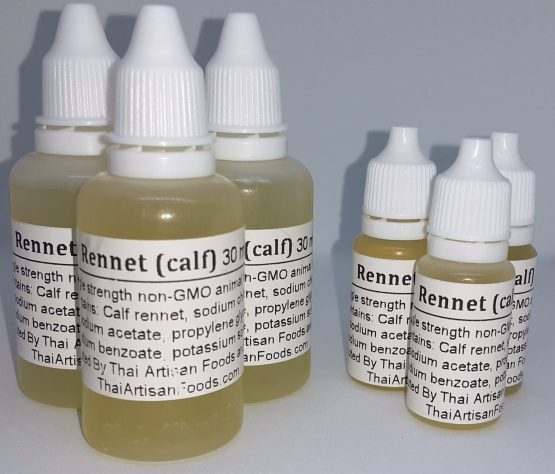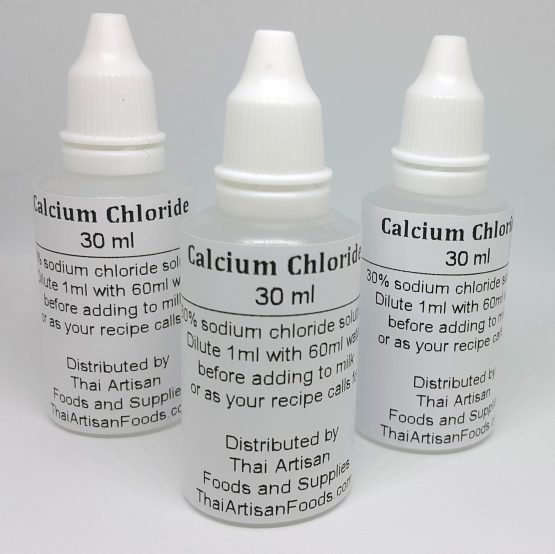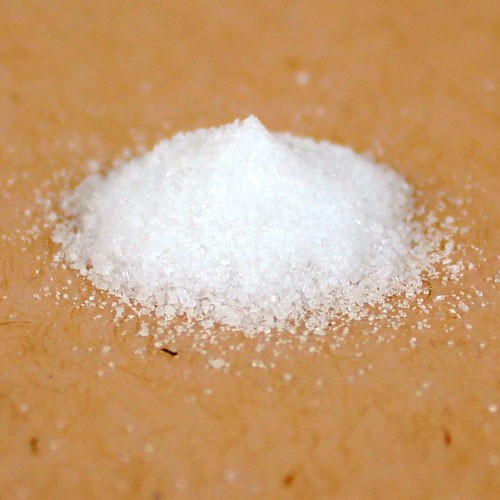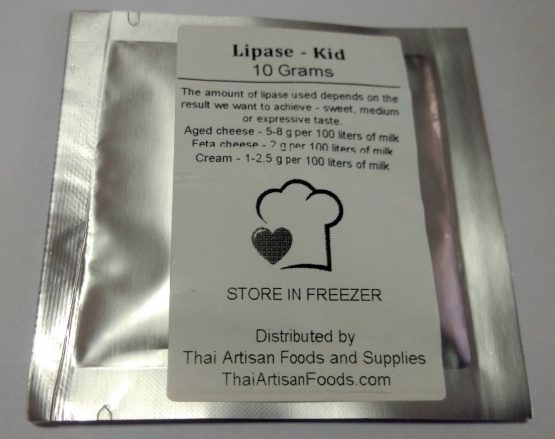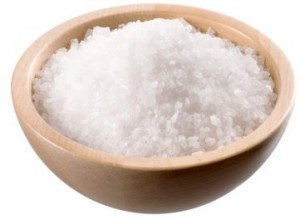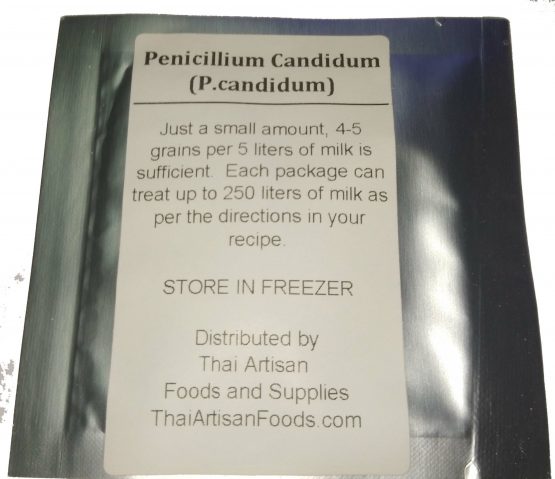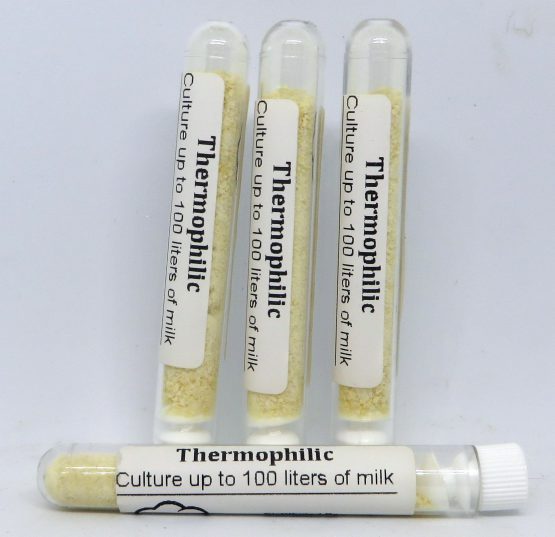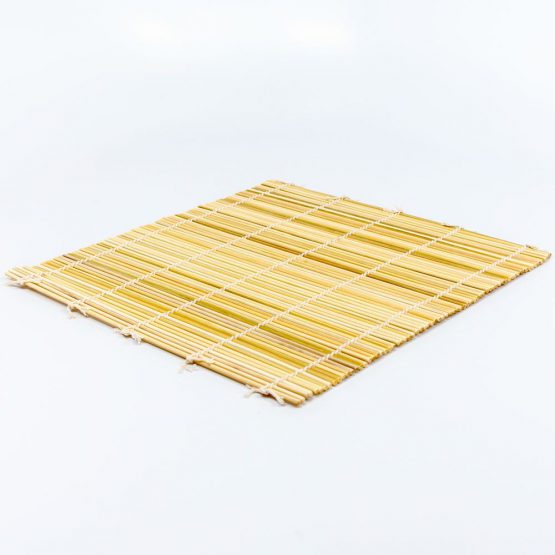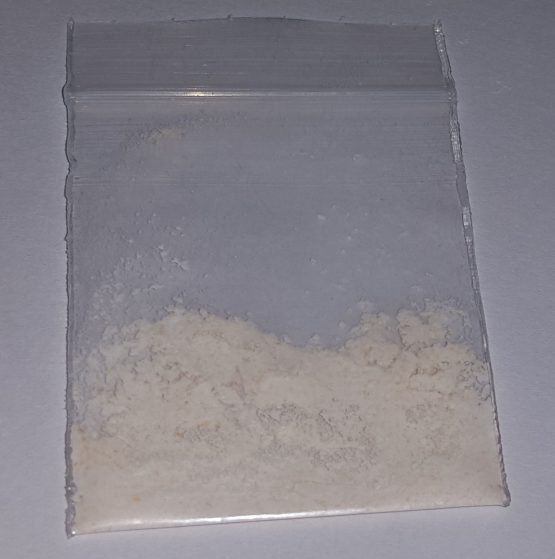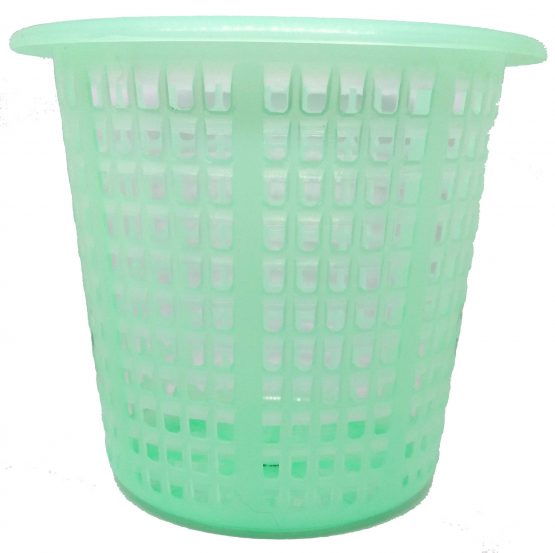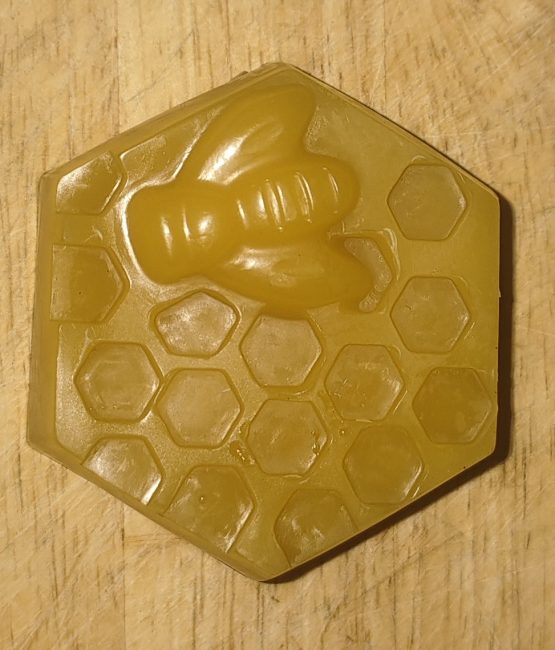Making cheese is easier than you think. If you never made cheese before, try something simple like cream cheese, Delicious and so easy to make. Then go from there and make a soft cheese like Queso Fresco. Or search for the recipe for the cheese that you really want but can’t find in the stores. You can even create your own! Supplies to many of the cheeses are right here.
Liquid Animal Rennet
Rated 5.00 out of 5
฿140.00
Single strength calf liquid rennet. Rennet is used to create curds and is in almost every cheese recipe using a few drops mixed in non-chlorinated water when the temperature reaches 90F/32C, or as your cheese recipe recommends.
One 10ml bottle is good for up to 25 liters of milk.
Buy product
Calcium Chloride
Rated 5.00 out of 5
Calcium Chloride will help with store bought milk and goats milk to give a firmer setting curd for easier cutting in the making of hard cheeses. 30ml Bottle.
Buy product
Citric Acid
Rated 5.00 out of 5
An easy way to acidify your milk to make a stretchy mozzarella and the byproduct of whey to make ricotta. You can use other methods but this will give you more consistent results. 100 grams of citric acid per packet.
Buy product
Lipase – Kid
฿220.00
Lipase is used to add flavor and a smooth texture to homemade cheese. This is a mild lipase flavoring for cheeses such as Mozzarella, Parmesan, Feta and others as the recipe calls for. Enough to treat up to 1000 liters of milk.
Buy product
Cheese Salt for Flavoring and Brining
Rated 5.00 out of 5
Cheese salt is a non-iodized salt that's perfect grains for cheese. Great for adding to the cheese and for brining.
Select 100 or 250 grams of salt.
Buy product
Penicillium Candidum (P.candidum)
Rated 4.50 out of 5
฿570.00
Make Brie, Camembert, Coulommiers, and other cheeses that has a nice white rind. Each package has enough mold to treat up to 250 liters of milk and can be stored in the freezer for over a year.
Buy product
Thermophilic Culture
฿650.00
The bacteria used in cheesemaking are divided into two main groups: mesophilic and thermophilic. Mesophilic bacteria grow best at lower temperatures than thermophilic bacteria. Mesophilic culture blends are used primarily for American-style and specialty cheeses (ie: cheddar, brie, etc.) while thermophilc cultures are frequently used in Italian-style cheeses such as parmesan, etc.
Buy product
Bamboo Cheese Mat
฿110.00
Natural bamboo cheese mat - 24cm x 24cm. For aging and moulding
Buy product
Yogurt Starter Culture
Rated 2.00 out of 5
Direct-set yogurt starter culture in 5 individual single use packs. Each pack can treat 1-2 liters of milk. You'll get 5 packs to treat up to 10 liters of milk to turn into delicious yogurt.
Buy product
Bacteria Linens (B.linens)
Bacteria for cheeses such as Brick, Limburger and Muenster. You can treat up to 250L of milk with each package. Less than a gram of culture is in this package.
Buy product
Ricotta Cheese Mold
A nice round mold for soft cheeses such as ricotta, feta, chevre, and others. This basic cheese mold can be used again and again. If...
Buy product
Cheese Coating with Natural Bees Wax
50 Grams per bar. Enough natural food quality bees wax to cover 2-3 cheese wheels, depending in size.
Buy product

